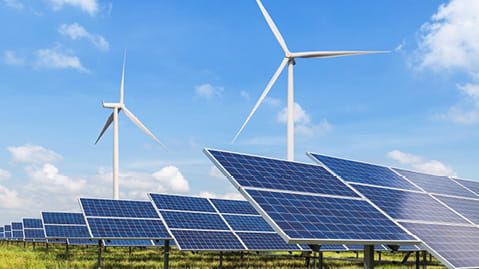
Interface
3. April 2023
Green Claims Directive: EU to set strict minimum criteria for communication and substantiation of environmental claims
Daniel Wiemann looks at the EC's proposals for tackling greenwashing.
1 von 6 Insights

Interface
3. April 2023
The risks of making environmental advertising claims
Timothy Pinto looks at recent ASA decisions on greenwashing in the context of the UK's regulatory framework.
2 von 6 Insights

Interface
3. April 2023
The French regulatory arsenal against greenwashing: challenging times for marketers making environmental claims
Marc Schuler and Hugo Khalfallaoui look at the regulatory approach to greenwashing in France.
4 von 6 Insights

Interface
3. April 2023
Dutch Advertising Code Committee tightens rules for sustainability claims
Margot van Gerwen and Nick Strous look at the new Dutch Sustainability Advertising Code.
5 von 6 Insights

Interface
3. April 2023
Checklist for green claims in Austria
Martin Prohaska-Marchried and Martina Stranzinger provide the top 15 points for marketers to consider when making green claims in advertising in Austria.
6 von 6 Insights

Zurück zur

